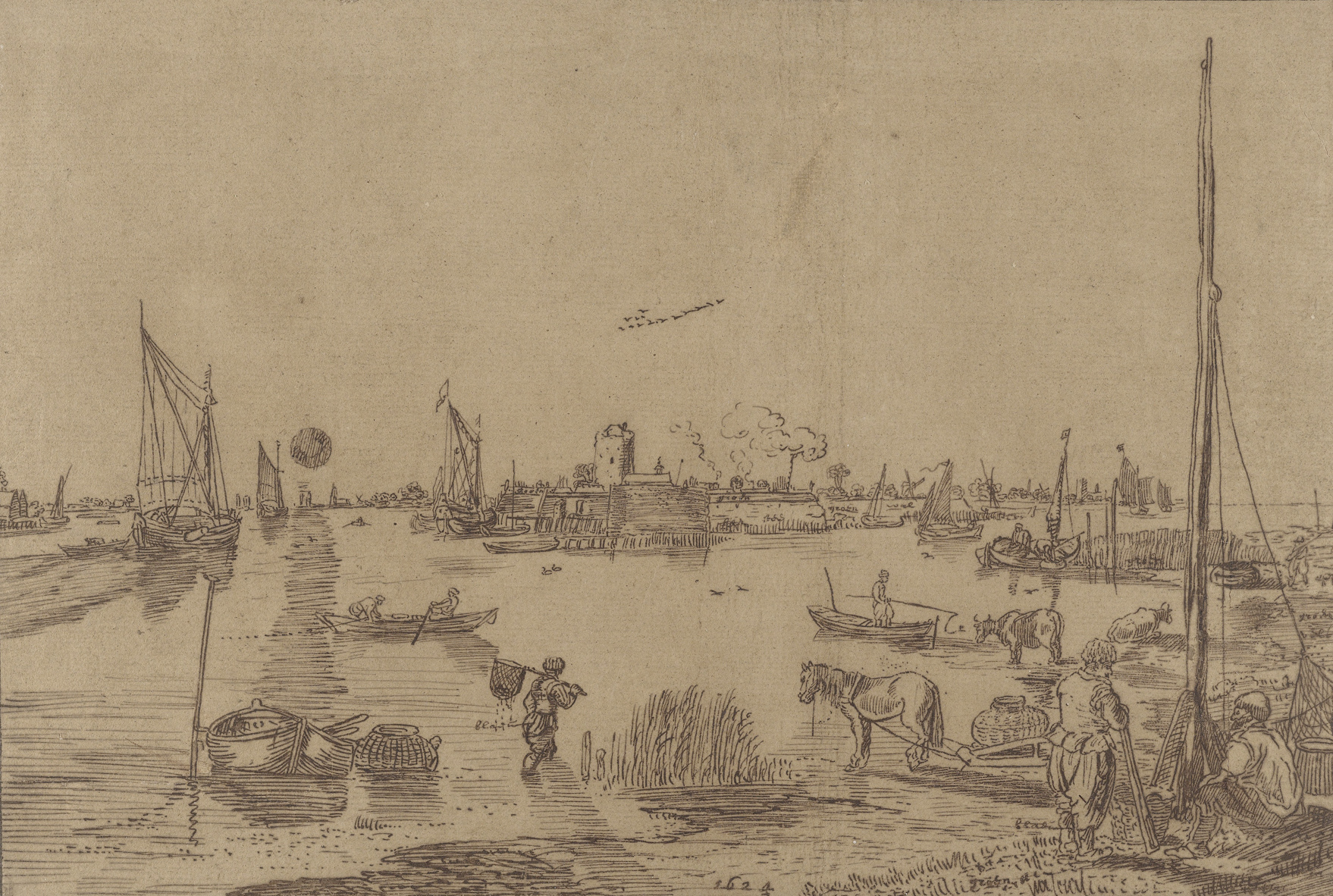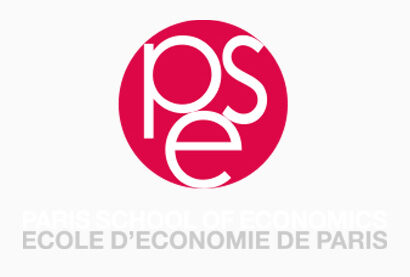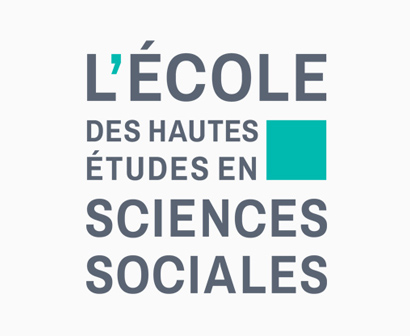History as approached by the François Simiand Centre for Economic and Social History consists of the analysis of economic and social phenomena considered in their historical duration. This formulation is not self-evident and involves a series of structuring analytical hypotheses. The Centre has a twofold ambition: firstly, to promote a historical approach to the economy; secondly, to contribute to opening up economic history to make it fully social.
The Centre’s starting point is that economic history is defined by its object, not by its methods: there is such a thing as economic phenomena or a sphere of economic activities and these phenomena have a history. In this respect, it is not defined by any methods, neither those of the historian’s profession nor those inspired by the usual practices of economists. It is not a question of identifying a priori economic mechanisms whose functioning in specific historical situations should be shown.
The François Simiand Centre is part of a historical tradition that makes the economy and its place in society a historical object in its own right and for which the very definition of what is economic and what is not is part of the analysis.
In this respect, the Centre differs from, not to say opposes, the conception still dominant in economics today, which sees history as a field of application for transhistorical (ahistorical?) models conceived most often for present-day situations, adjusting them to the unusual institutional and legal characteristics of ancient societies.
This perspective does not lead to denying the existence and importance of economic mechanisms. On the contrary, one of the objectives of the François Simiand Centre is to emphasise the understanding of these mechanisms, in particular by taking advantage of all that economic analysis has to offer (including quantitative models) to understand them and identify their properties. As economists do in contemporary fields, the use of economic modelling or reference to such analytical frameworks makes it possible, provided that the conditions of validity are verified, to propose explanatory mechanisms but also to reveal homologies between different historical situations, which is also a way of doing comparative history.
The proposed definition of economic history highlights a primordial analytical dimension of economic phenomena: their temporality, whether considered at the micro level (duration of individual trajectories, for example in savings and investment strategies) or at the macro level (duration of accumulation and growth processes, duration of economic cycles, etc.).
The analysis of the temporality of these phenomena has the counterpart of highlighting and taking into account the existence of moments of rupture, crises and regime changes which are at the heart of their historicity. There is also the question of chronology. Inertia, irreversibility or path dependency contribute to making history matter, to keeping the past present through everything it transmits. It is important to note that no state variable can sum up the trajectory of a phenomenon, and that certain ‘landmark’ events sometimes give some moments of the past trajectory a considerable weight on the future trajectory.
All these intellectual traditions, which take very different forms, must be at the heart of what historians and economists do when they undertake to write economic history.
Defining economic history by its object rather than by its method has another consequence. It implies that the economic historian must ask herself about the link between her object and the context in which it appears. And this not only by considering all spheres of social life in their economic manifestations but by identifying the existence of mechanisms and interests that are not economic. The analysis of the interference between these two logics, economic and non-economic, is a central element for the understanding of economic phenomena in their historicity. This interference, which should concern the economist as much as the historian, is one of the factors of the duration as well as of the ruptures proper to the dynamics of economic phenomena.
The research carried out by the Centre François Simiand therefore shares the same concern to study the duration of historical phenomena – sometimes their very long duration – and to cultivate a certain proximity with economic analysis. This involves reflecting on the possible use of some of its concepts or methods in order to make them evolve towards possible historical uses.
The second ambition of the Simiand Centre is to contribute to opening up economic history to make it fully social. The frontier between economic history and social history has dangerously widened over the last few decades, even though the issues studied call for common approaches. When studying the history of different forms of forced labour or of disparities between social classes, the boundary between the economic and the social is hardly meaningful. It is more urgent to mobilise the relevant sources and the appropriate analytical tools, wherever they come from.
The Simiand Centre aims to promote new dialogues between these fields and their representatives and, in so doing, to demonstrate that objects must prevail over methodological postures and disciplinary boundaries.
The Simiand Centre was created with the support of several research institutions (in particular EHESS and ENS) involved in the founding of the Paris School of Economics in 2006. It is recognized as a research team by the Centre de recherches historiques (UMR 8558) and Paris Jourdan sciences économiques (UMR 8545). Based around the economic and social history group of the Paris School of Economics, the Centre François Simiand brings together researchers from EHESS, CNRS, INRA, INED and Paris universities.
The various courses have been grouped together to form a specialized program in economic history, at master’s and doctoral levels, accessible to both history and economics students.
The Centre’s main activities – weekly seminars and thematic workshops – are currently funded by the Paris School of Economics and the ANR-17-EURE-0001 project.




